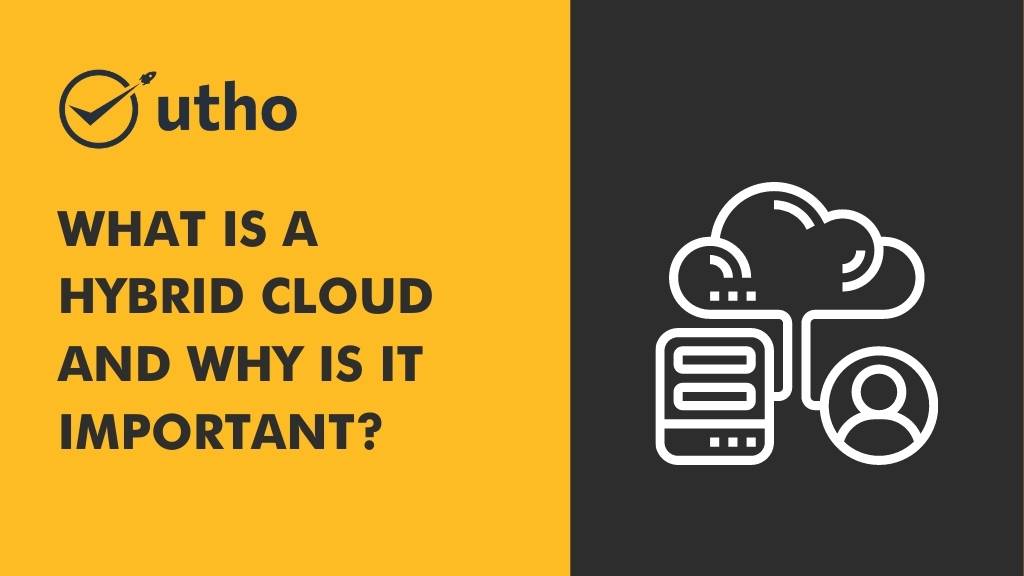What is a Hybrid Cloud and why is it Important?

Introduction
In recent years, cloud computing has become an essential tool for many businesses. However, there are different types of cloud computing models, and each has its advantages and disadvantages. One model that has gained popularity in recent years is the hybrid cloud. In this article, we will explain what a hybrid cloud is and why it is important for businesses.
What is a Hybrid Cloud?
A hybrid cloud is a cloud computing model that combines the benefits of public and private clouds. It allows businesses to run their applications and store their data in both private and public cloud environments. For example, a business may use a private cloud to store sensitive data and a public cloud to run less critical applications. The two environments are connected, and data can be moved between them as needed.
Advantages of a Hybrid Cloud
There are several advantages to using a hybrid cloud:
1. Flexibility:
A hybrid cloud offers businesses more flexibility in terms of where they store their data and how they run their applications. This flexibility allows businesses to take advantage of the benefits of both public and private clouds.
2. Scalability:
A hybrid cloud allows businesses to scale their computing resources up or down as needed. This is particularly important for businesses with fluctuating computing needs.
3. Security:
A hybrid cloud allows businesses to store sensitive data in a private cloud while still taking advantage of the cost savings and scalability of a public cloud. This helps businesses to meet regulatory and compliance requirements.
4. Cost savings:
By using a hybrid cloud, businesses can save money by storing non-sensitive data in a public cloud, which is typically less expensive than a private cloud.
Challenges of a Hybrid Cloud
While there are many benefits to using a hybrid cloud, there are also some challenges:
1. Complexity:
A hybrid cloud is more complex than a single cloud environment. It requires businesses to manage multiple cloud providers and ensure that their data is properly secured and integrated.
2. Security:
While a hybrid cloud can be more secure than a public cloud, it can also be more vulnerable to security breaches if not properly configured.
3. Management:
Managing a hybrid cloud can be challenging, as it requires businesses to coordinate multiple cloud providers and ensure that their data is properly backed up and integrated.
Conclusion
In conclusion, a hybrid cloud offers businesses the flexibility, scalability, security, and cost savings they need to succeed in today's digital world. However, it also presents some challenges that must be carefully managed. To take advantage of the benefits of a hybrid cloud, businesses should work with a trusted cloud provider like Microhost. Microhost offers a wide range of cloud solutions, including hybrid cloud solutions, to help businesses meet their unique computing needs. To learn more, visit Microhost's website today.
Read Also: 5 Best practices for configuring and managing a Load Balancer